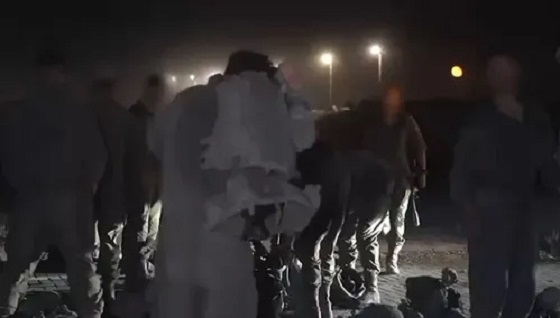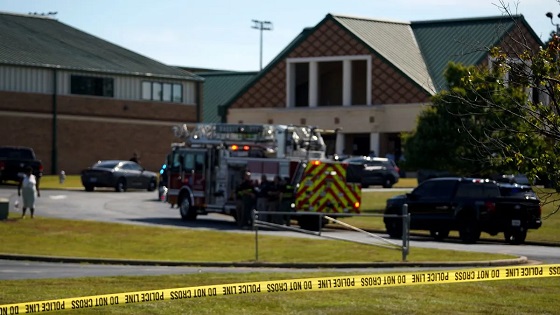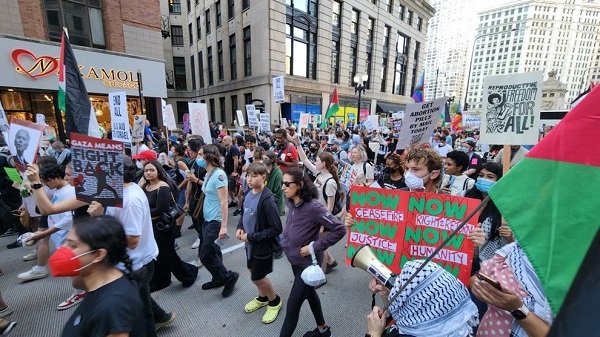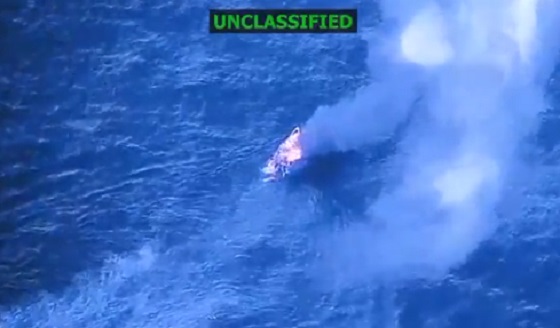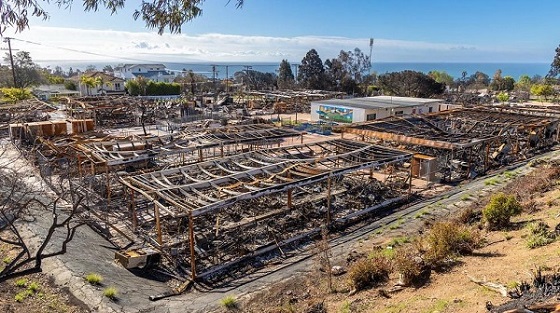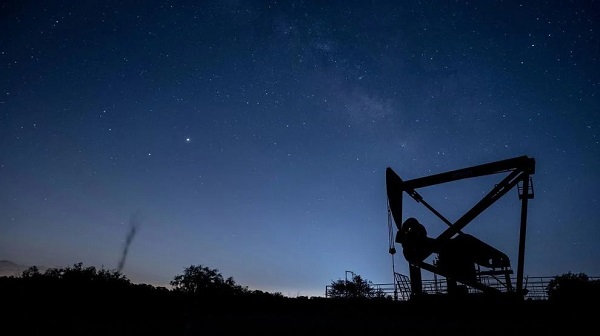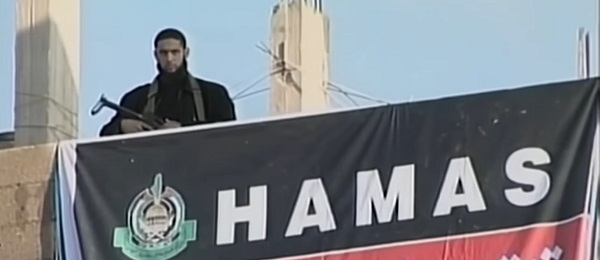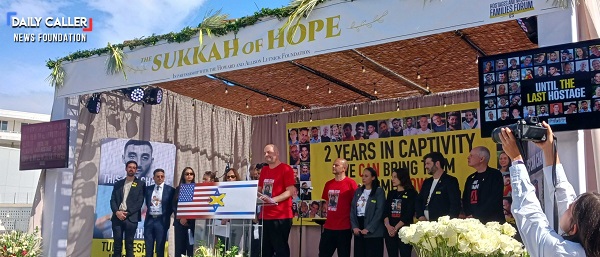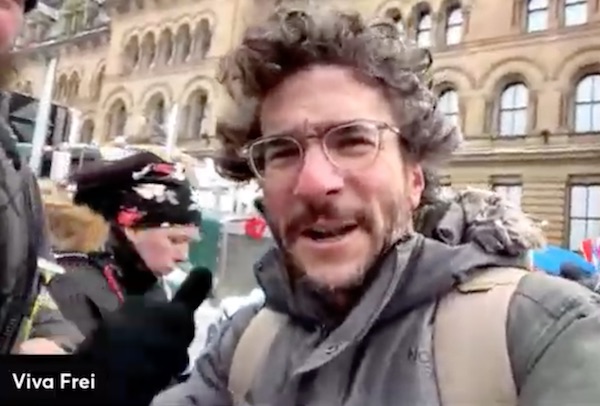From The Center Square
Two teenage boys in Florida are being called heroes for their response to a five-second TikTok video last month that may well have averted disaster all the way across the country.
The video, which has since been taken down, reportedly showed plans for a mass school shooting at Kamiakin High School in Kennewick, Wash.
“The contents of the TikTok were a map of a high school, and it had classrooms that were identified and labeled as targets,” said Kennewick School Board member Brittany Gledhill in a Thursday interview with The Center Square. “It had other classrooms that were labeled as potential targets. It had labeled exits, and it had the security department of the school listed as a potential threat.”
The map in the video did not indicate the location or name of the school.
“But this young man who lives in Florida decided to show it to a brother, and then together they decided that they needed to tell the authorities,” Gledhill said.
She explained that local authorities in Florida contacted the FBI, and within hours, the investigation was underway to determine the TikTok poster’s location.
That was September 19, a Friday.
“We got involved on Sunday, so that we were able to sweep the campus and provide a secure and safe environment for our students and staff, and that was in conjunction with KPD, or Kennewick police department,” said Kennewick School District Superintendent Lance Hansen.
At that point, the suspect, a 14-year-old Kamiakin High School freshman, was already in custody.
According to the Tri-City Herald, the FBI was able to match the layout and room numbers shown in the TikTok video to Kamiakin High School, and at that point, the FBI contacted the internet provider about the IP address linked to the account.
Officials were able to narrow down the location to a few dozen potential residences in Kennewick, and according to the Herald, law enforcement further narrowed the list based on the times the TikTok account was active.
The address was further narrowed to the boy’s home, where he reportedly lived with his grandparents, and more than two dozen firearms were located.
Hansen told The Center Square that officials believe the young man was most likely to carry out his plan had the boys in Florida not done the right thing.
“It was smart and courageous at the same time, and I think that they can be an example or model for others who may see something and think it’s not a big deal. Just the thought that they would recognize this isn’t right and have the courage to speak up … that’s really where I believe the story is,” Hansen said.
Gledhill said the school board, administration and staff members from Kamiakin High School are putting together a gift basket and thank-you notes for the boys in Florida who reported the TikTok post to authorities.
“We averted a terrible tragedy because of these two young men,” she said. “This is my home high school, and I have two of my own children [who] go to that school.”
Hansen said the school community is still reeling from what could have happened, but is also trying to find a lesson in it.
“In times where information can flow so quickly and there’s some level of anonymity that is created in ways that we communicate, like with social media, it sometimes creates some boldness in youth, which I think is a false positive,” he said. “I mean, there are benefits to the way that we communicate, and there [are] some unintended consequences of that. Having said that, as I reminded our parents, every person who’s on a campus is responsible for the safety of the campus. That’s students, staff, whoever is there. So that model … needs to be applied for everything.”
Given that the accused is 14, he is being charged as a juvenile. Assuming he pleads guilty or is convicted, he could only be confined until he turns 21.

